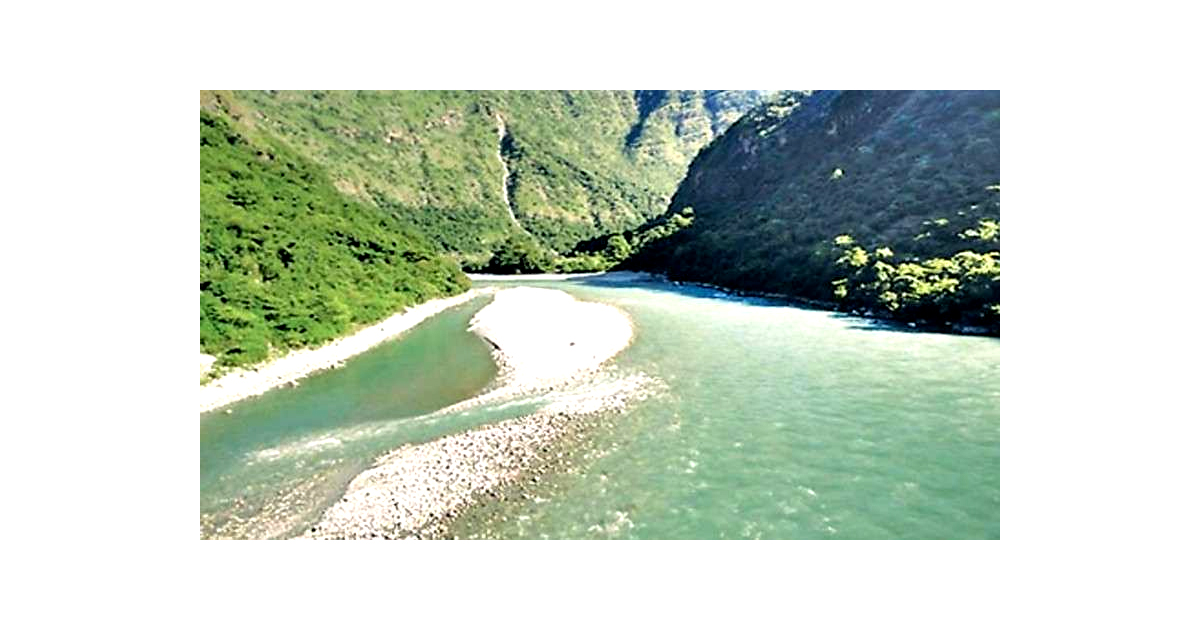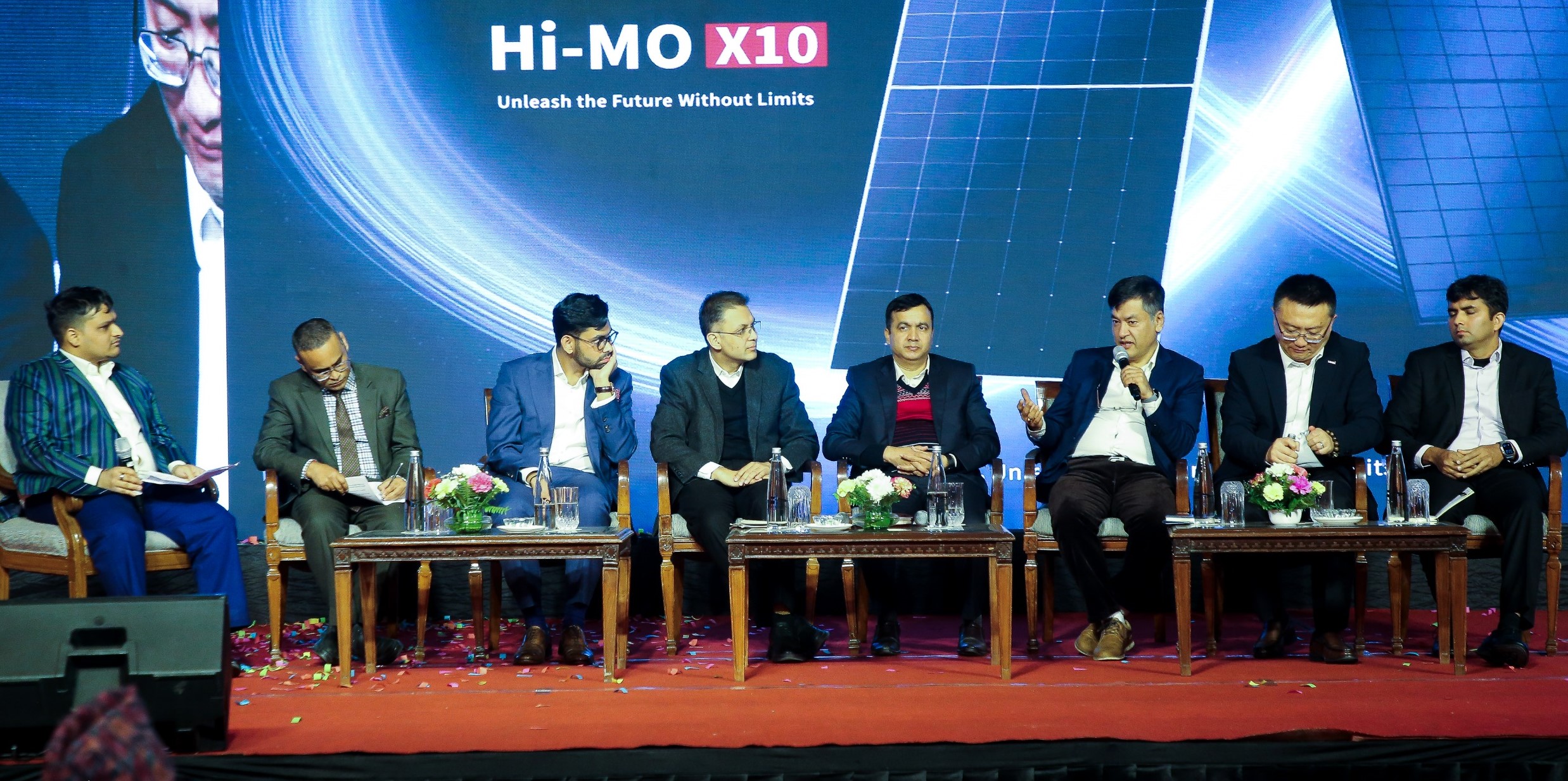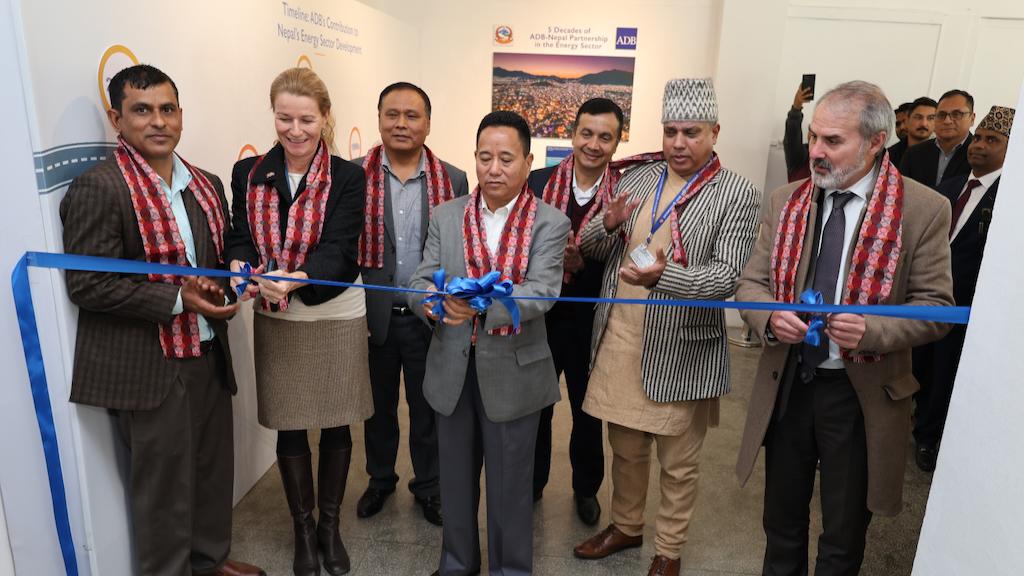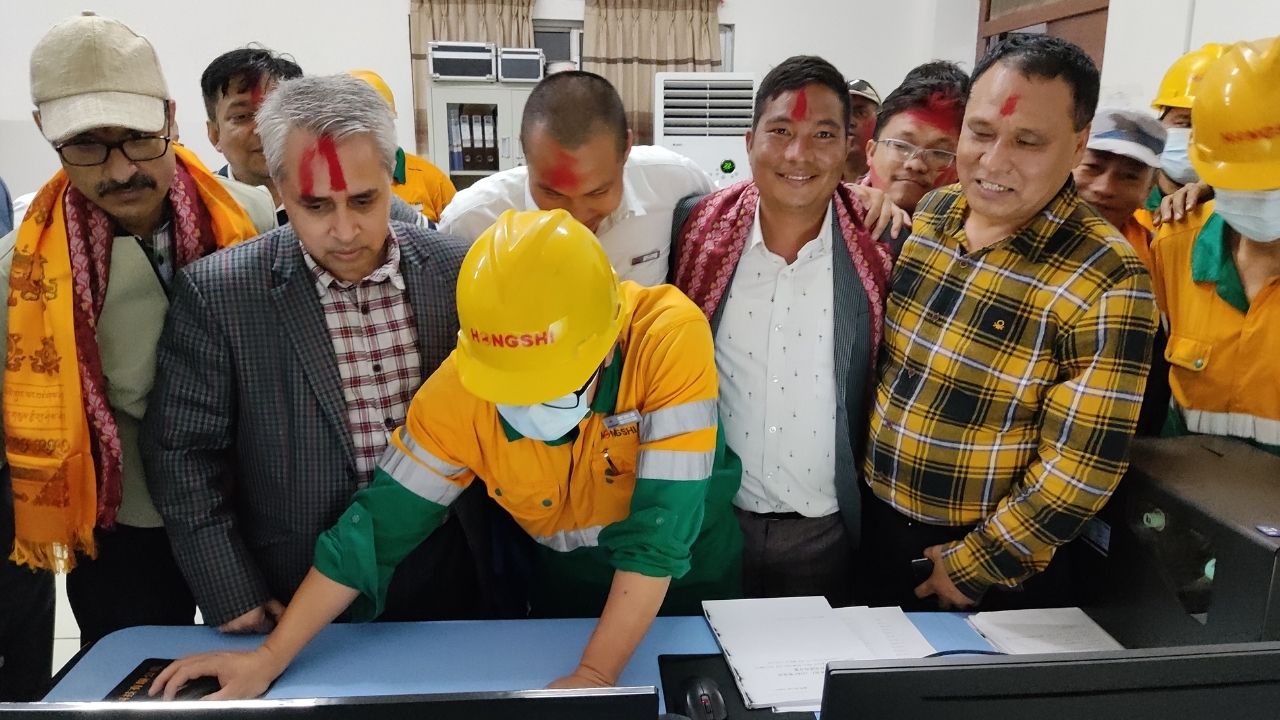Energy Update
Pancheshwar project awaits political decision

Kathmandu: Nepali officials say they plan to discuss ways to finalise the detailed project report of the Pancheshwar Multipurpose Project during Indian Foreign Minister S Jaishankar’s Nepal visit.
Jaishankar is arriving in Kathmandu on Thursday to take part in the meeting of the Nepal-India Joint Commission being held on Thursday and Friday.
Pancheshwar is a project planned nearly three decades ago on the Mahakali River, which borders Nepal and India, to generate electricity, irrigate fields and control floods.The term of the team of experts tasked with finalising the DPR expires on Saturday. Officials at the foreign and energy ministries said resolving the deadlock over Pancheshwar will be on the agenda at the bilateral talks.

The two sides had agreed to finalise the DPR within three months when Prime Minister Pushpa Kamal Dahal visited New Delhi in late May last year. But there hasn’t been much progress despite the two countries accelerating talks after Dahal’s visit.
Issues of sharing water, quantifying benefits to each side and cost-sharing for project development appear to be the major bones of contention. There has been an understanding to scale down the project’s size from 6,480 MW to below 5,000 MW, officials said.

According to Article 3 (3) of the 1996 Mahakali Treaty, the project's cost will be borne by the parties in proportion to the benefits they stand to enjoy.
Article 3 further says that both parties agree that they have equal entitlement to the utilisation of water of the Mahakali river without prejudice to their respective existing consumptive uses of the river's water.
With India using more water from the river for irrigation purposes, the existing use of water by India cannot be counted for cost-sharing for project development.
Nepal has conceded more rights to India as per clause 3 (B) of the Letter of Exchange of the Mahakali Treaty. As per this clause, the treaty “precludes the claim, in any form, by either party on the unutilised portion of the shares of the waters of the Mahakali river of that party without affecting the provision of the withdrawal of the respective shares of the waters of the Mahakali river by each party under this treaty.”
A senior official at the energy ministry said Nepal will get around 7 billion cubic metres of water when the unutilised water of the Mahakali river is equally shared.
“But Nepal cannot utilise all the water in the foreseeable future,” the official said. “On the other hand, Nepal also cannot ask India to bear more cost for the southern neighbour’s use of unutilised water, over which Nepal has the right because of clause 3 (B) of the Letter of Exchange.”
Even though India, which has more land to be irrigated with water from the Mahakali, can use part of the water that falls under Nepal’s rights, the southern neighbour has been unwilling to bear the cost of using such water citing clause 3 (B) of the letter of exchange.
“There is an option that Nepal cedes rights to India to use more of the water that falls under Nepal’s right, and the southern neighbour bears more of the cost of developing the project,” said the energy ministry official. “Will Nepal be ready to cede its rights to water and India to bear more cost for the water which it can freely get?”
The official said there should be a political decision on the matter to pave the way for the DPR’s conclusion. The Nepal-India Joint Commission is the political body formed to remove the bottlenecks in bilateral relations that cannot be removed at the bureaucratic levels.
But an official at the energy ministry said there is little chance of a breakthrough during Jaishankar’s visit as Nepal’s major political forces do not have a common position on the matter.
“So far, there has not been any preparation that could lead to a breakthrough on contentious issues regarding the development of the Pancheshwar project,” said Gopal Prasad Sigdel, secretary at the energy ministry. With the two sides still at odds over who should bear the cost of unused water, they have failed to determine the total cost each would bear.
The two sides have more or less agreed to give the benefit from hydropower a weightage of around 70 percent, while keeping the share of irrigation and flood control benefit at around 30 percent, according to the ministry official. They have also agreed to take equal benefits from hydropower and share the cost accordingly. But Nepal wants to keep other benefits as low as possible to avoid bearing more cost.
As per a Nepali calculation, Nepal’s benefit should not be more than five percent from irrigation and flood control while the southern neighbour proposed to keep Nepal’s benefit in the range of around 18 percent in the last meeting of the team of experts, officials at the energy ministry told the Post earlier.
As per the earlier DPR prepared by India's state-owned Water and Power Consultancy Services Ltd, the two sides will enjoy equal benefits in power but India will enjoy 65 percent benefit in irrigation and 82 percent benefit in flood control.
But Nepal, particularly, has not agreed to these recommendations as the benefits it stands to enjoy in the areas of irrigation and flood control could be close to nil.
According to the ministry official, Nepal could irrigate a maximum of 100,000 hectares of land following the completion of this project while India could irrigate as much as 3.5 million hectares.
India has huge swathes of land to irrigate with the water of Mahakali, which is also known as Kali and Sharada river in India. The dam to be built for the hydroelectric project will help regulate the water flow, minimising flood risks for India, a downstream country.
With the two countries struggling to bridge the gap in benefits calculation, the two sides are unlikely to conclude the DPR within the existing term of the team of experts, Nepali officials said. The board of the Pancheshwar Development Authority directors should meet to extend the deadline of the team of experts.
The authority has two co-chairpersons, one from each country, and 12 members—six members from each side. The ambassadors of Nepal to India and India to Nepal are invitees to the meeting of the governing body. “There is no plan to hold its meeting anytime soon,” said Sigdel.
Former energy secretary Dinesh Ghimire, however, said there could be an understanding at the political level to extend the term of the team of experts.
“If there is such an understanding in principle, another meeting of the board of directors of the Pancheshwar Development Authority could decide later to extend its term,” he said.
Conversation
- Info. Dept. Reg. No. : 254/073/74
- Telephone : +977-1-5321303
- Email : [email protected]














